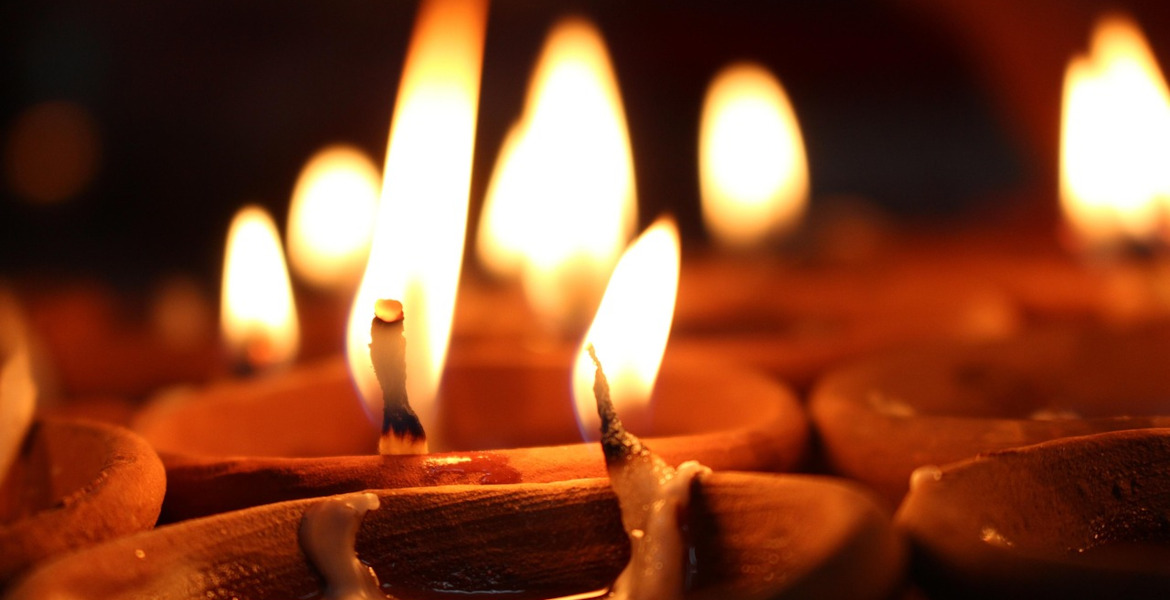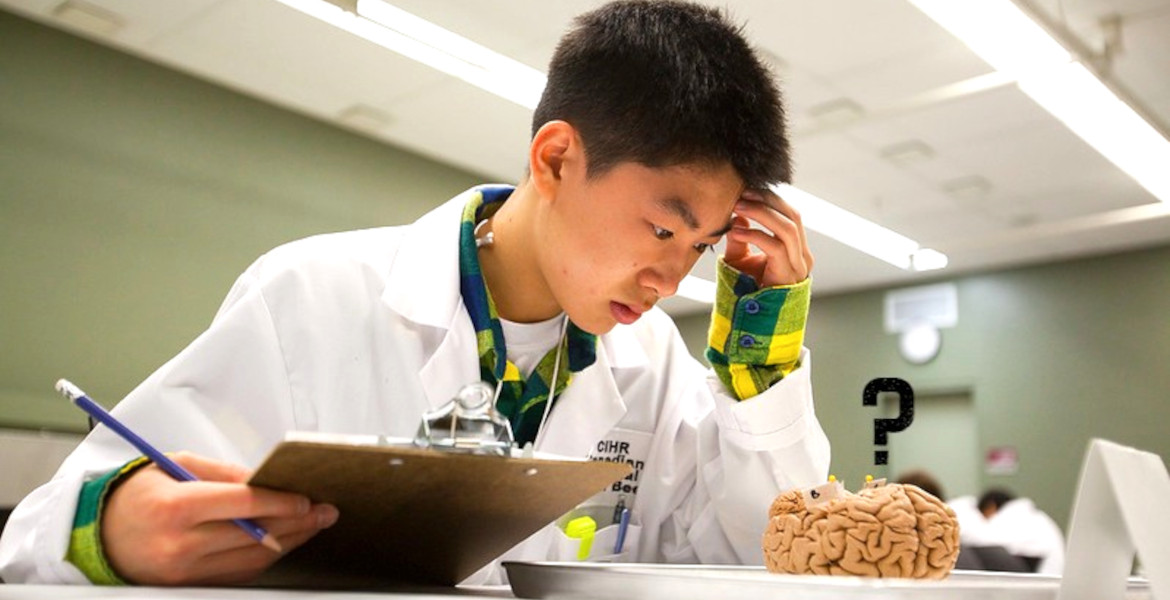Could it be that we actually lack fundamental knowledge of life? Birth, life and death are life processes that everyone goes through. But although these being common to everyone, our attitudes towards these processes can differ considerably. Man’s view on life and death is influenced by both upbringing, cultural environment, acquired life knowledge, individuality and level of development. His attitude towards death becomes particularly apparent when faced with difficult situations. When death is perceived by man as the definitive end of existence, it naturally becomes something to fear. Faced with imminent danger and without understanding of the nature of death, he seeks to avoid it at all costs. But can the price be too high? These are subjects for individual reflection.
The preservation of the physical form of life is what is valued most by most people, indicating that something noble is developing. It is in physical life that we learn to love and care for each other. This nobility needs to be achieved before trust in life, discernment, and true common sense can awaken, and we with higher mental consciousness and with increased knowledge of human evolution can look upon life from a higher perspective. If the higher emotional qualities of the heart were not developed first, man would be in danger of becoming of a cold and inhuman nature, inclined to go astray in life.
Good qualities such as compassion and humility grow more easily under difficult circumstances, which often give rise to reflection on held values. By man being placed in crisis situations and by learning to handle them, that “’prepares the ground” within them and enables the development of consciousness.
Common crises in a society have the potential to raise collective consciousness. The processed life experiences offer a more fertile soil for the seeds of knowledge sown in the human kingdom by individuals of higher natural kingdoms. The normally slow development of consciousness is accelerated when we take advantage of the opportunities given to us during the course of life and when we reflect on and process our experiences. An open and inquiring attitude prevents emotional illusions and mental fictions from crystallizing in our thinking. An important step is taken when man begins to seek understanding of the higher meaning of life. This enables an incipient understanding of the path of human development and a changed approach to both life and death.
The Western illusion of only-one-life
Of all the human inhabitants of the earth, a majority seem to have the insight that this earthly life is only one of countless others. It is in the more secularized societies of the Western world that this knowledge has been ignored in favor of material development, with the exception of the great thinkers of the ages, who have realized the fact of reincarnation.
To be born and to die are to the individual like activity and rest, both equally necessary from the point of view of the real self. We go into and out of incarnation, again and again, with widely varying periods of rest. It is only the lowest of our envelopes, the physical organism, which we leave behind us on earth. Existence continues, and just as real as we perceive our ordinary life, existence is perceived after so-called death. The real sacrifice or “death” from the point of view of the self is being born into the physical world – with all its limitations. Yet it is in the physical world that we have to make the life experiences that take us forward on the path of evolution.
Physical death comes to us all sooner or later. When the organism is too decayed and diseased, one thing or another will cause the withdrawal of the inner man, what may be called natural death. This is inevitable, and from the point of view of the real self something necessary and good. A physical instrument that can no longer serve its function must be released from man’s grasp, and the self thus liberated for higher existence. Man’s fear of losing loved ones may of course be great, because in our ignorance we believe that we really lose them, and in physical form this is of course true. But the truth is that we have met and loved each other in so many shapes that we should be grateful that the memories of our partings in the past are beyond our reach. Despite this, earthly love can naturally give rise to great sorrow and loss when a loved one dies, but with the insights we have the opportunity to attain through higher knowledge of life we can evade being perished by sorrow. We meet again, and the bonds are strengthened. Death is nothing to fear but is a liberating transition and joy as we move on to finer worlds of existence.
Many have testified to the experiences they have had during so-called near-death experiences – NDEs – which, however, merely show the first stop after death – the only one from which man can return. Much more remains for the self to experience in these higher worlds as it gradually emancipates itself from the emotional envelope and later the mental envelope, that enabled its emotional and thought life during incarnation.

Consequences of denial
In modern society, new technology in healthcare has multiplied the capacity to save human lives, for better or for worse. The goal of prolonging and saving life at all costs may be laudable and right, but this is not always the case. When the eventual consequences of alleged preventive and life-sustaining measures are not taken into account, these can have even more serious consequences for the individual. Sometimes life-sustaining measures prolong the life of an organism that no longer serves its purpose and where the higher self is just waiting for an appropriate way to pass. If we could see this from a higher perspective, we might smile indulgently at people’s persistent attempts to “save lives”. Many times these efforts do more harm than good.
If, in difficult and life-threatening conditions, where the possibility of recovery is excluded, we could instead accept our condition as a preparation for transition, trusting that the incarnation is coming to an end, we could instead choose to die safely at home in a calm and familiar environment. With our loved ones gathered, this can become a peaceful and beautiful transition, a fine farewell, while still having the possibility of assistance from palliative care if needed.
In addition to the limitation of the physical organism in terms of lifespan, the law of reaping also has its effect, not only individually but also collectively. That people are “taken out of incarnation” is no coincidence but always has a cause, even if it may be distant and impossible for us to understand. The death of a loved one also has a significant impact on the development of relatives, which from a higher perspective and under certain circumstances could be seen as an act of sacrifice. In addition, each individual always has a life debt account that is relieved by what can be perceived as “premature” death, as may be the case in accidental or tragic circumstances. Regardless of the reasons, incomprehensible to us, we must never hesitate to provide the care our fellow human beings need. This care is not only pure humanity but also the good reaping of others, a compensation for old debts and good sowing through a new causal act. The long-term perspective is always a reality even if it is exceedingly rarely taken into account. An emerging understanding of the law of cause and effect inevitably leads to greater humility about life.

From the higher perspective
The larger perspectives include humanity as a collective, the rise and fall of civilizations, the development of consciousness of beings and the evolution of the planet, all of which are subject to higher laws. From the higher perspective, incarnation is a necessity for growth through life experiences, lessons and insights, which can only be gained in the physical world. When the purpose of the individual incarnation has been achieved (something we are not able to fully understand), no more opportunities for instructive experiences can be offered or the human organism has been rendered unserviceable, Augoeides, man´s guardian angel, calls man out of incarnation for continued existence in finer material worlds. Augoeides provides man with a causal envelope during the passage through the human kingdom. All this is a completely natural process according to knowledge conveyed to humanity from individuals of higher kingdoms.
All these repeated incarnations serve to develop twelve essential qualities in man, the attainment of which is necessary for the next stage of evolution, his transition to the fifth kingdom of nature. These fundamental qualities for man are trust in life, trust in self, obedience to law, uprightness, impersonality, will to sacrifice, faithfulness, reticence, joy in life, purposefulness, wisdom and unity. All of these contain many related qualities. This next kingdom of nature – the essential world or the world of unity – exists in finer matter than the physical, and there everything that is not unity, love and wisdom must be overcome once and for all. Until then, the common goal in the kingdom of man is to achieve unity and brotherhood, reflected in a community building of an entirely new quality. Then humanity can, through its radiance of light, love and power, fulfill its true role and be a blessing to the lower kingdoms of nature.
In our time, this knowledge of reality is presented through the hylozoic mental system, conveyed anew by the Swedish esoteric philosopher Henry T. Laurency (1882-1971) and especially adapted for Western minds.
Lena Fredriksson




